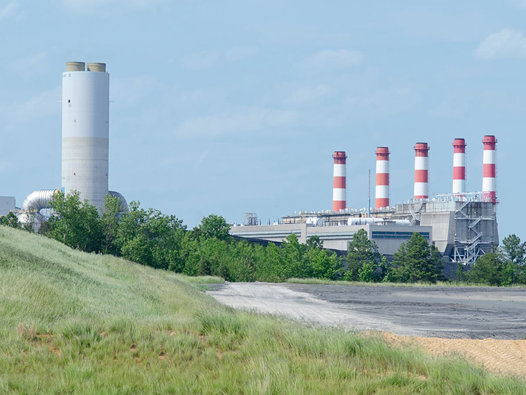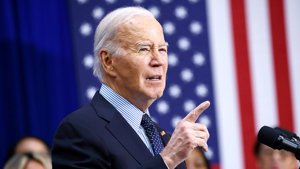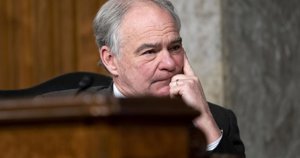
GOP Moves to Restore National Coal Council and Clean Coal
House Republicans move to reestablish the National Coal Council, aiming to restore clean coal, energy independence, and grid security.
House Republicans Advance Clean Coal Revival
The House Energy and Commerce Committee, under Chairman Brett Guthrie of Kentucky, is moving forward with legislation to reestablish the National Coal Council, a key advisory body for coal-sector innovation and policy that was disbanded in 2021. The council’s revival is positioned as part of a broader Republican effort to “reinvigorate America’s beautiful clean coal industry,” echoing President Donald Trump’s pledge to restore U.S. energy leadership.
Reps. Michael Rulli of Ohio and Riley Moore of West Virginia are leading the push to pass the legislation. They argue that the disbandment of the council during the Biden administration was a deliberate move to phase out coal, undermine job creation, and increase U.S. dependence on foreign energy sources. The council, which originally formed in the 1980s as a 50-member advisory group, has played a crucial role in advancing lower-emission coal technologies and advising government energy policy across five administrations.
Energy Security and Economic Impact Cited
Supporters of the bill highlight recent Middle East tensions, specifically referencing the situation with Iran, as a clear reminder of the need for robust domestic energy security. “Time and time again, we see that energy security is national security,” said Guthrie, emphasizing the importance of protecting American families and businesses from the risks posed by adversarial nations. “It’s time to take action to secure our grid and promote the production of baseload American energy.”
Guthrie and fellow proponents stress that coal power underpins hundreds of thousands of jobs in states like Kentucky, Ohio, and West Virginia. Moore added that the revived council will be vital for ensuring U.S. competitiveness as other global powers bring new coal plants online and invest in advanced manufacturing. “President Trump knows that coal is the key to unleashing American energy dominance, reindustrializing the heartland, and winning the AI arms race,” Moore stated.
The bill also acts on Trump’s Executive Order 14241, focusing on clean coal technologies to help meet surging electricity demand—especially given the rapid expansion of AI-driven data centers nationwide. Supporters contend that a revitalized coal sector is necessary for bringing manufacturing and supply chains back onshore, reducing reliance on international suppliers, and bolstering economic resilience.
Defending Coal’s Role in U.S. Industry
Rulli described the original council as a “pillar” of U.S. energy policy and a voice for workers who powered the country’s industrial growth. He criticized what he called the left’s ongoing efforts to shut down coal completely, warning that eliminating the council was a calculated policy shift. “This bill won’t let that happen … We must restore the National Coal Council and defend the energy backbone of this country—before it’s too late,” he said.
Pointing to the manufacturing history of states like Ohio, West Virginia, and Kentucky, Rulli emphasized coal’s longstanding role in supporting local economies and sustaining good-paying jobs. “The coal industry drove manufacturing for decades, providing thousands of jobs in my Youngstown district,” he noted.
As the bill moves through committee and toward a potential full House vote, Republicans present the effort as an urgent measure to secure the nation’s energy future, maintain industrial leadership, and protect American workers from policy changes they argue have undermined the country’s economic foundations. The outcome of the legislation will help shape the next phase of U.S. energy and industrial strategy.






